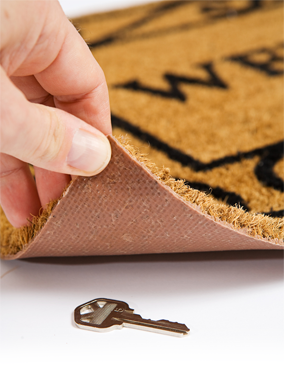While you may not be seriously considering selling your home or looking for a new one, you might still be interested in what’s going on in the marketplace. After all, it’s nice to see “what’s out there” and find out more about some of the homes that are currently listed on the market.
There’s nothing wrong with that. In fact, it’s a good idea.
Keeping up with what’s going on in the local market, will help you make better decisions about your own home, especially if you anticipate selling within the next year or so.
Many people do this by reviewing listings online and ads in the real estate section of the local paper. While these techniques are helpful, they don’t always give you the best picture of what’s really going on.
A better strategy is to talk to me. I will give you the best information about properties available and where the local market is headed.
As your Real Estate Agent, I can also satisfy your curiosity about how much particular homes have sold for in the area – which will give you a clearer idea of what your own home might get if it was listed today.
Speaking of price, I can provide you with a free assessment of your home’s current market value, which will give you an even clearer idea of what you’re likely to get.
Clearly, by working with me, you’ll have a source of advice and information that will help you make the best decision when the time comes to consider making a move.









